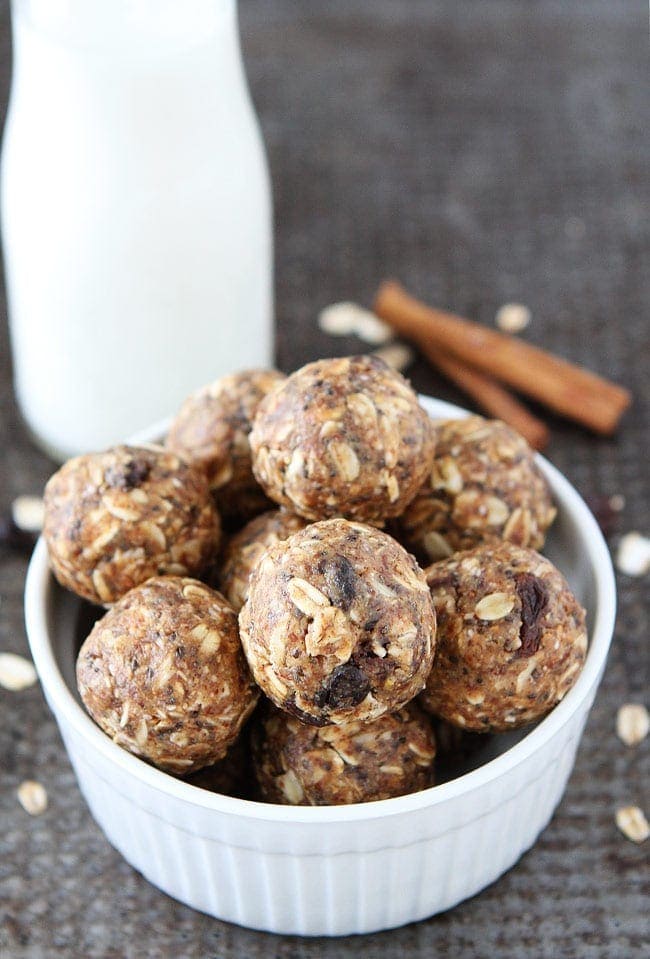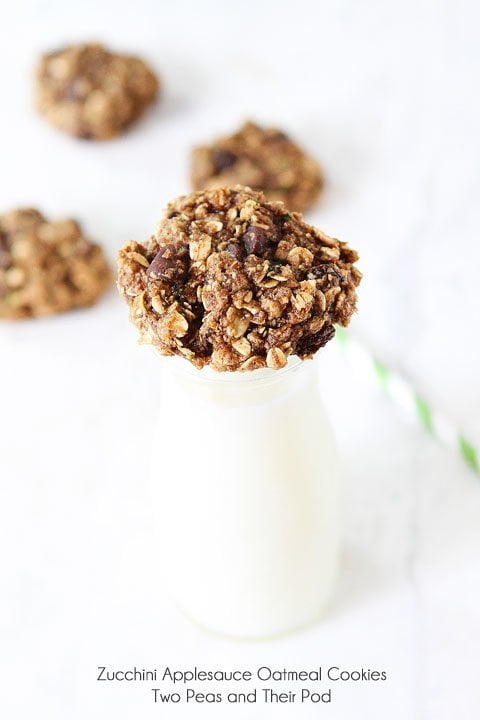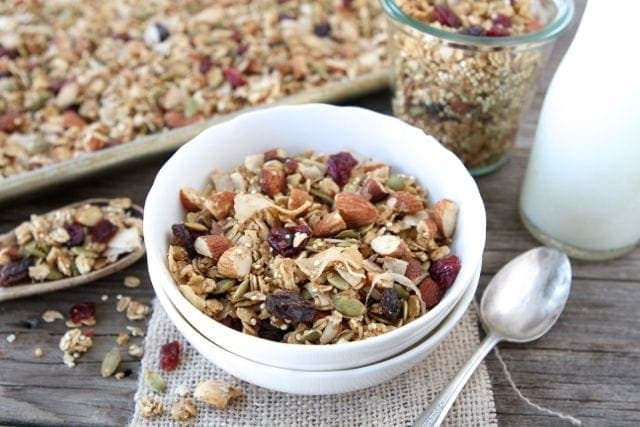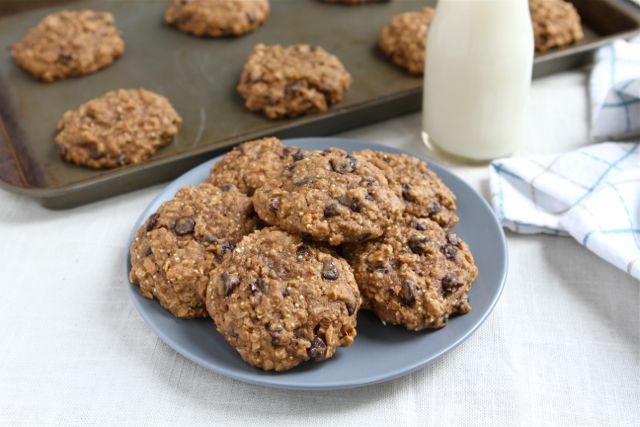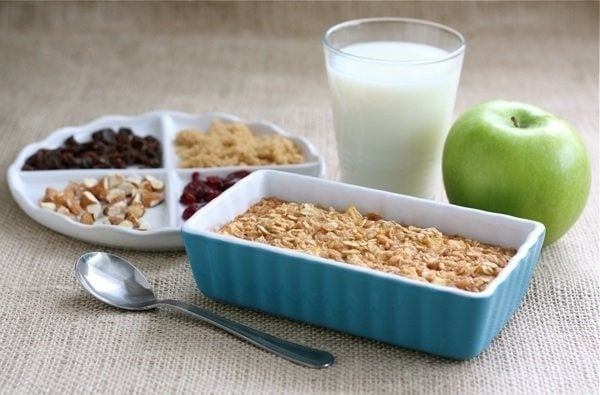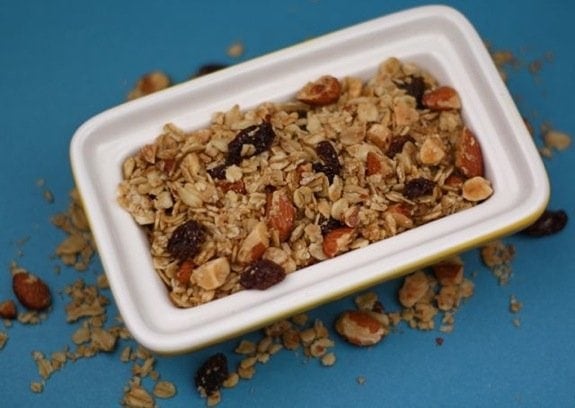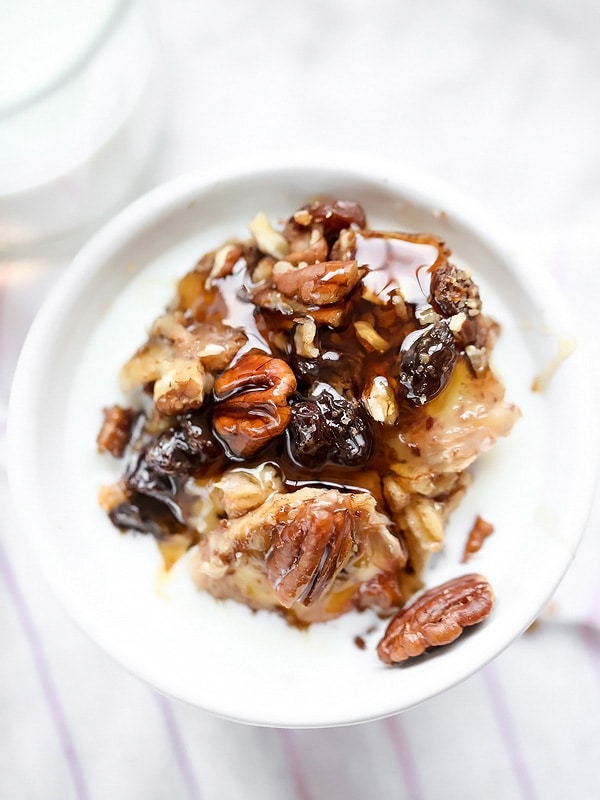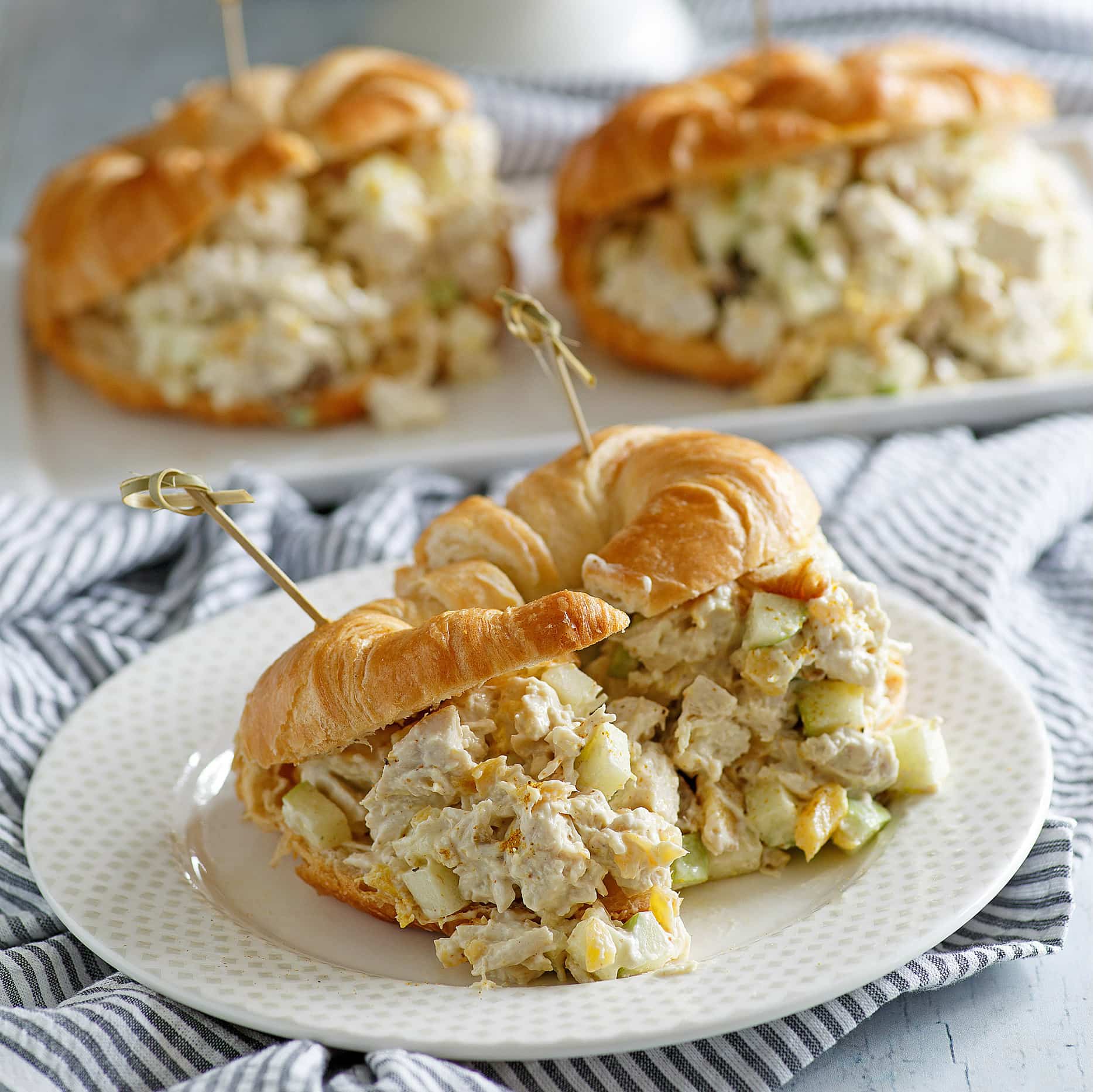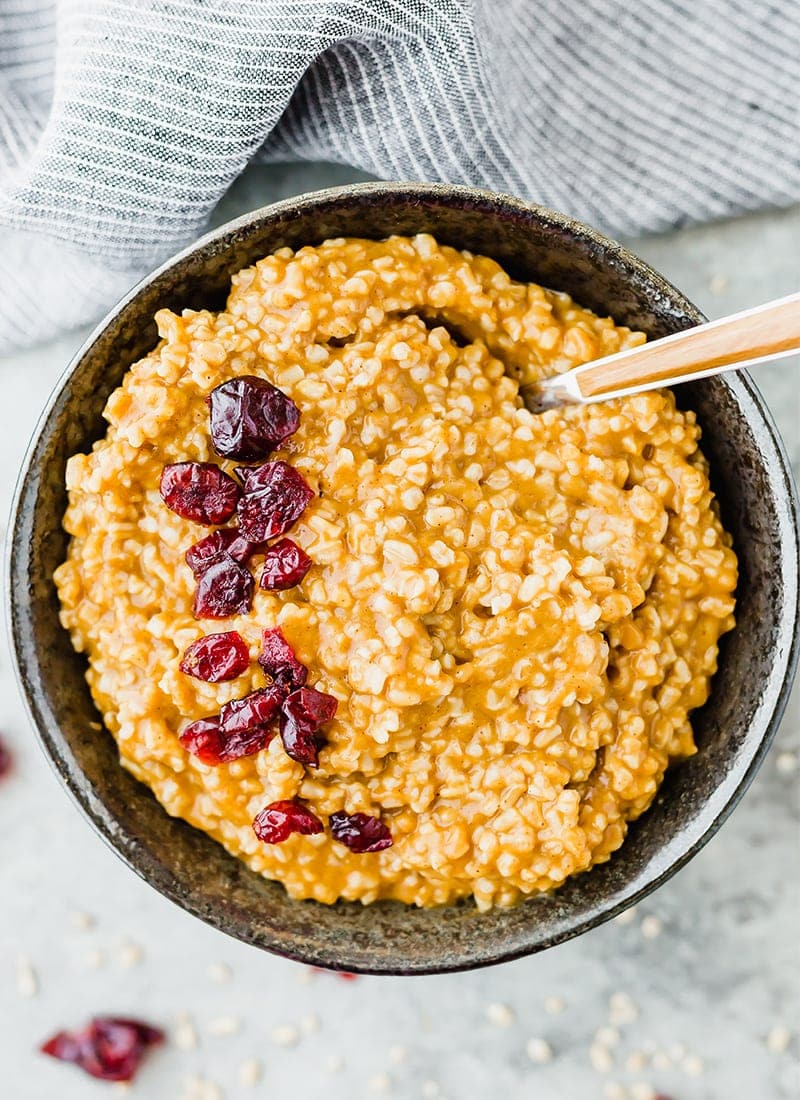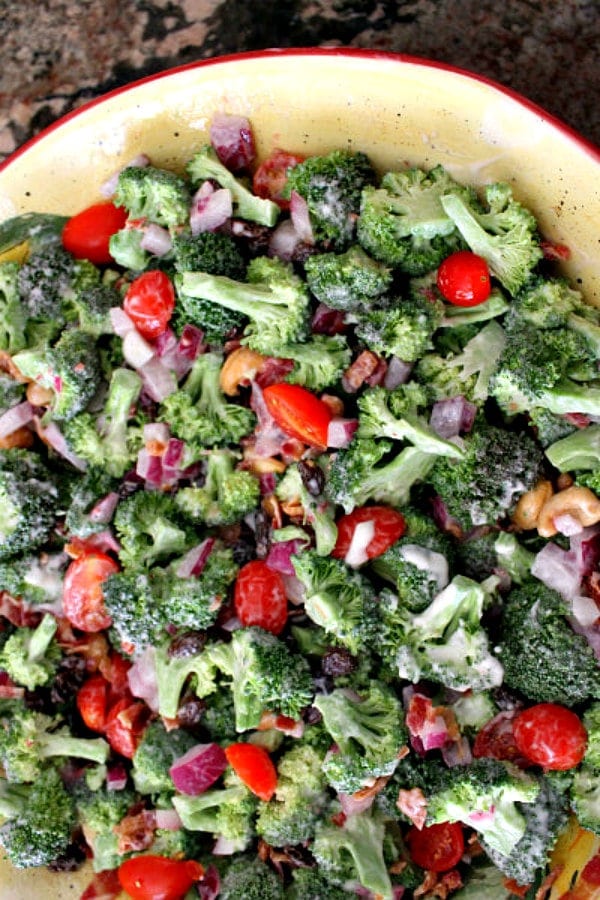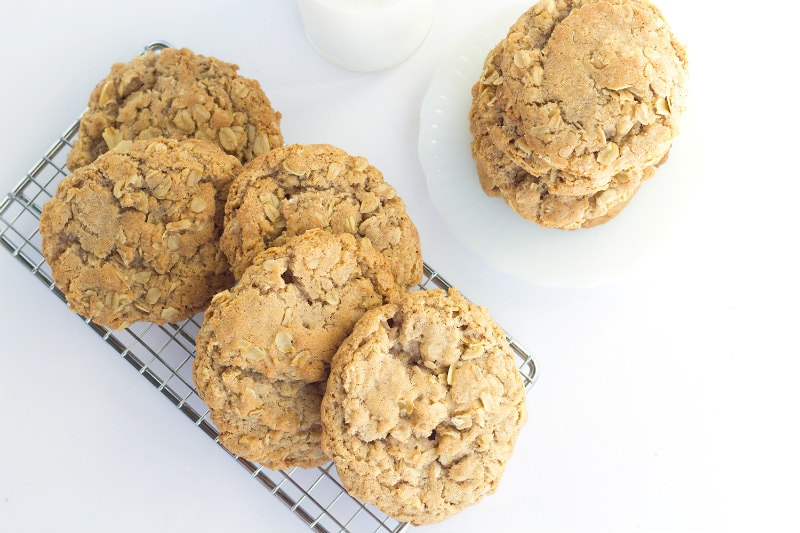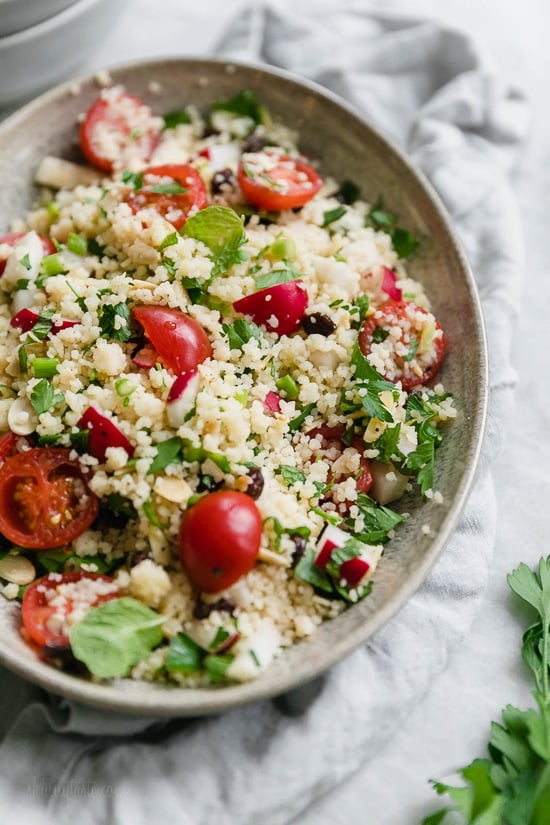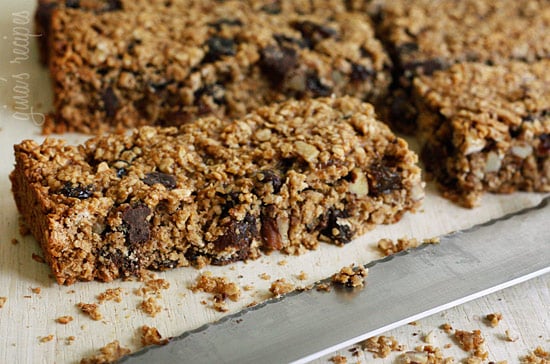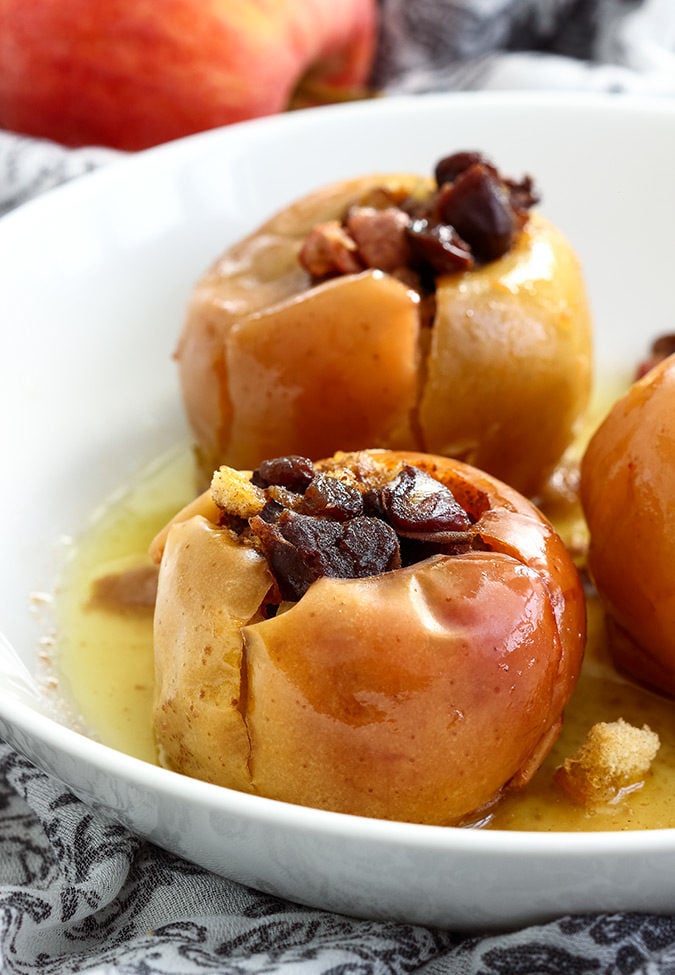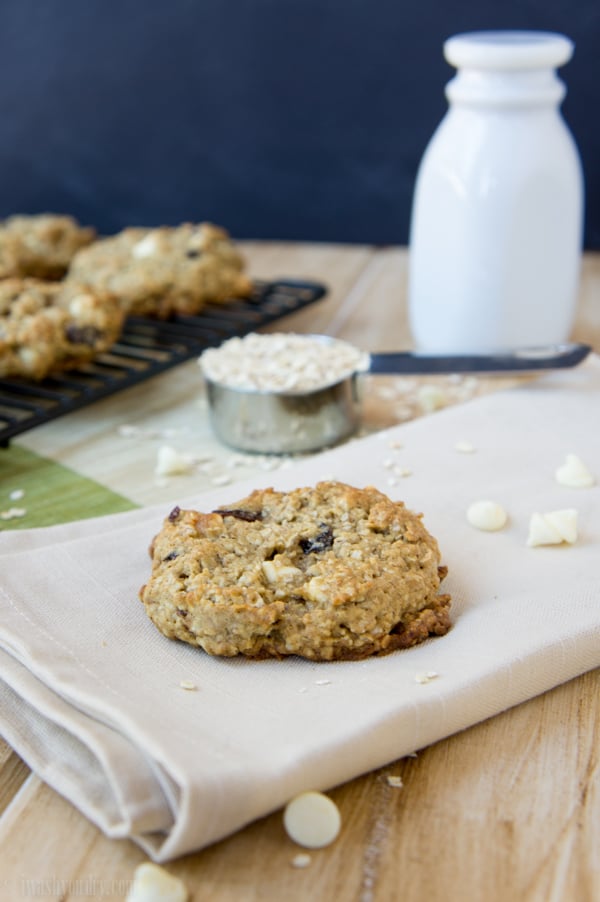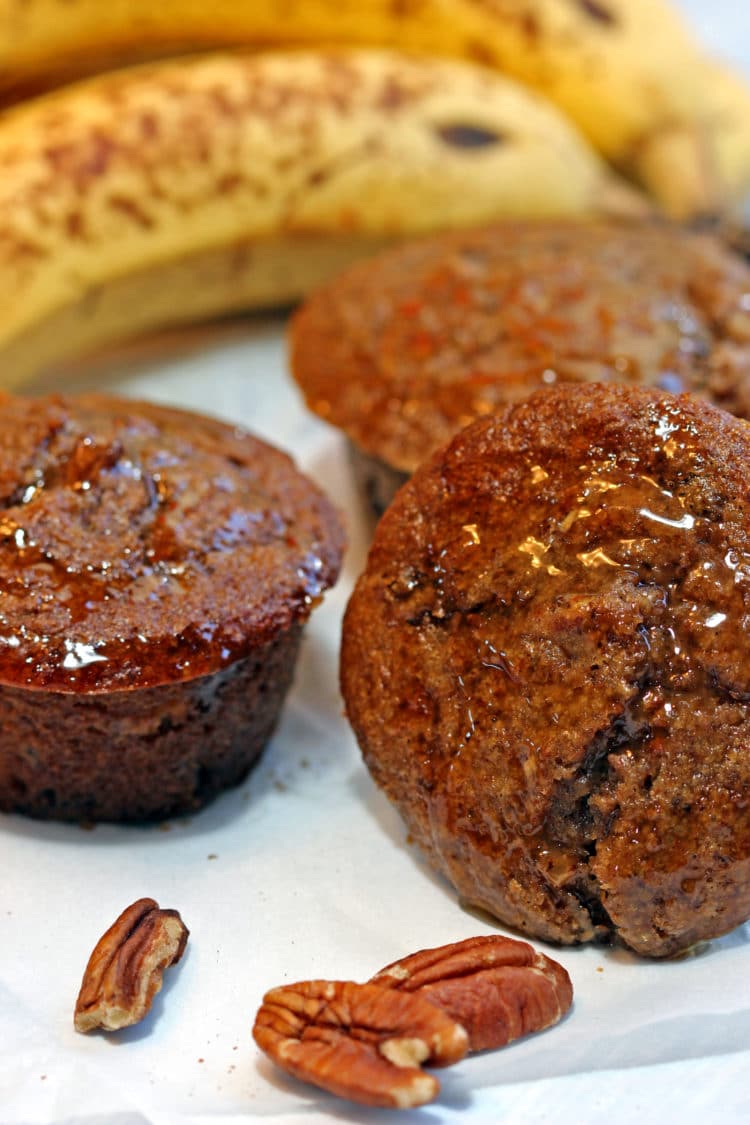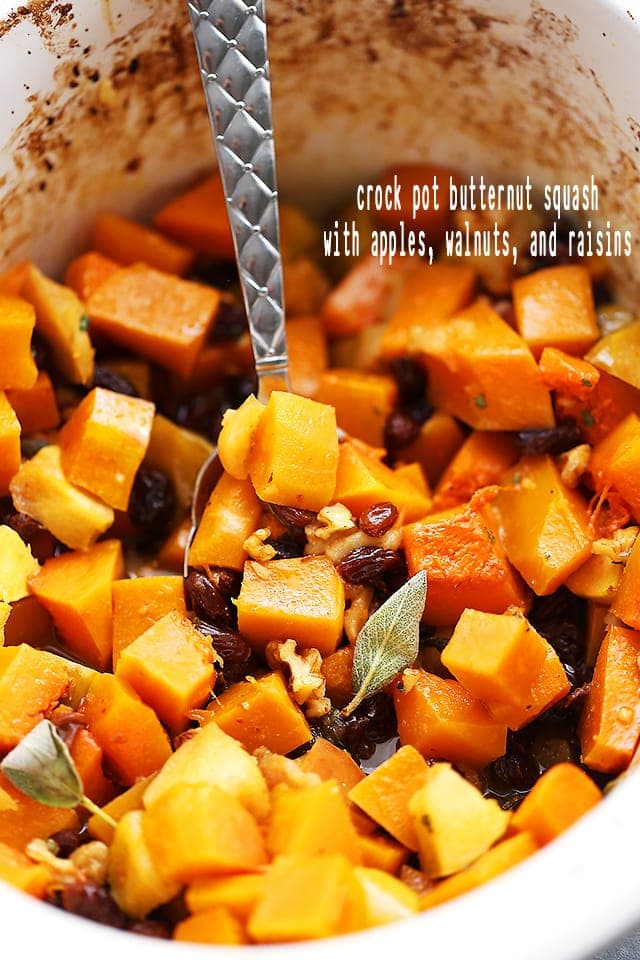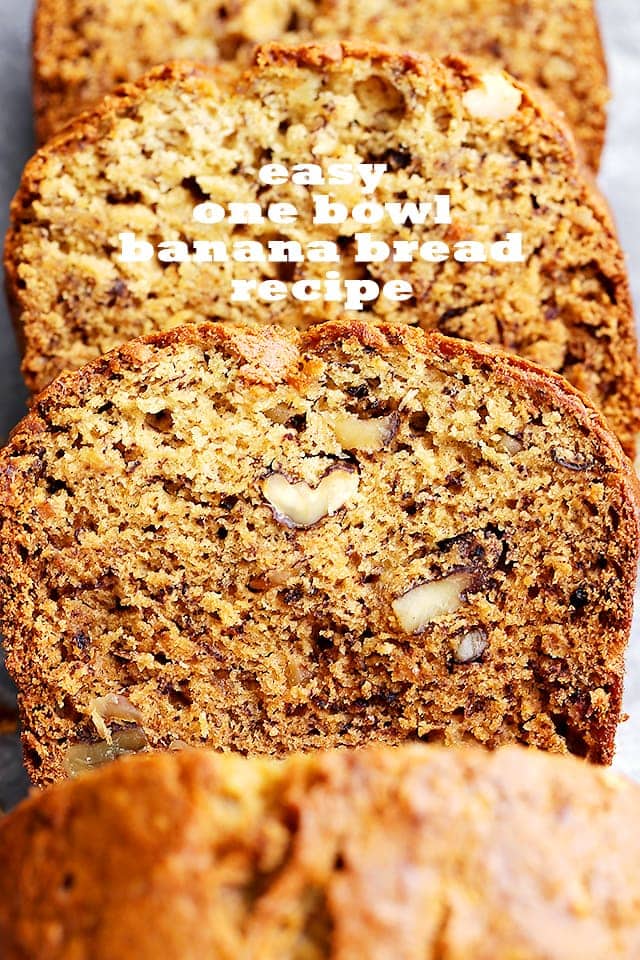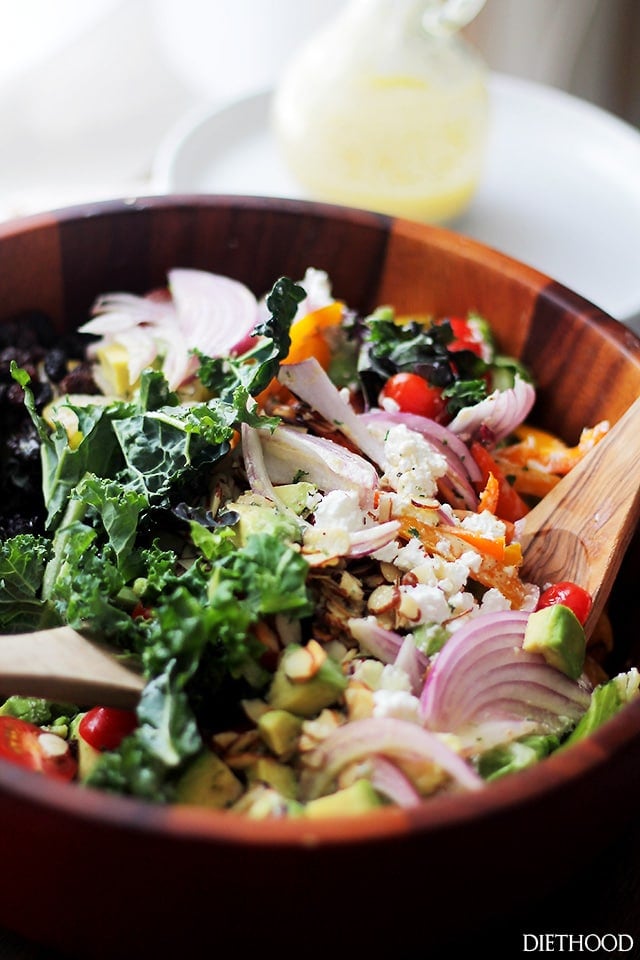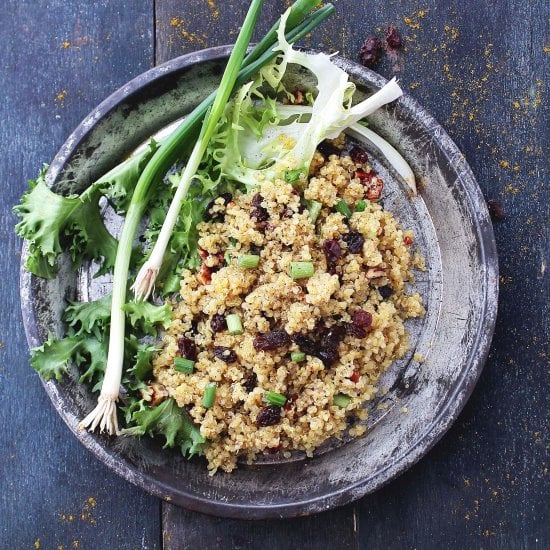Raisins: Important Facts, Health Benefits, and Recipes
Explore the world of raisins with our ultimate guide, covering their history, health benefits, types, and culinary uses for this nutritious and delicious dried fruit.
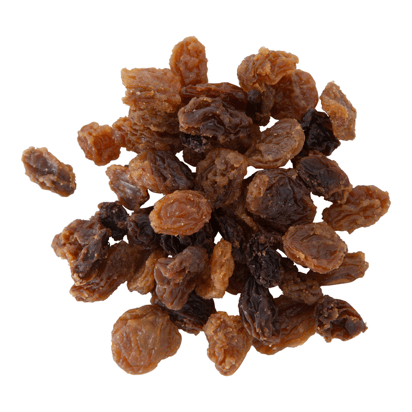
Nutritional Facts
1 cup
Amount per serving
Calories
433.6
Carbohydrates
115 g
Fat
0.4 g
Protein
4.8 g
Saturated Fat
0.1 g
Sodium
37.7 mg
Fiber
6.5 g
Sugar
94.5 g
Best Raisins Recipes
-
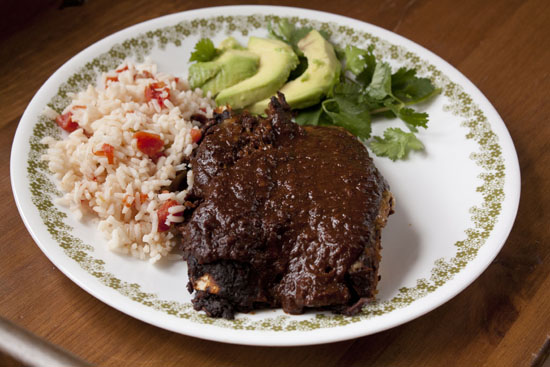
-
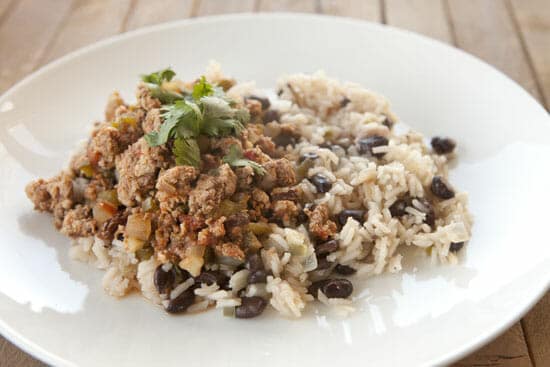
-

-
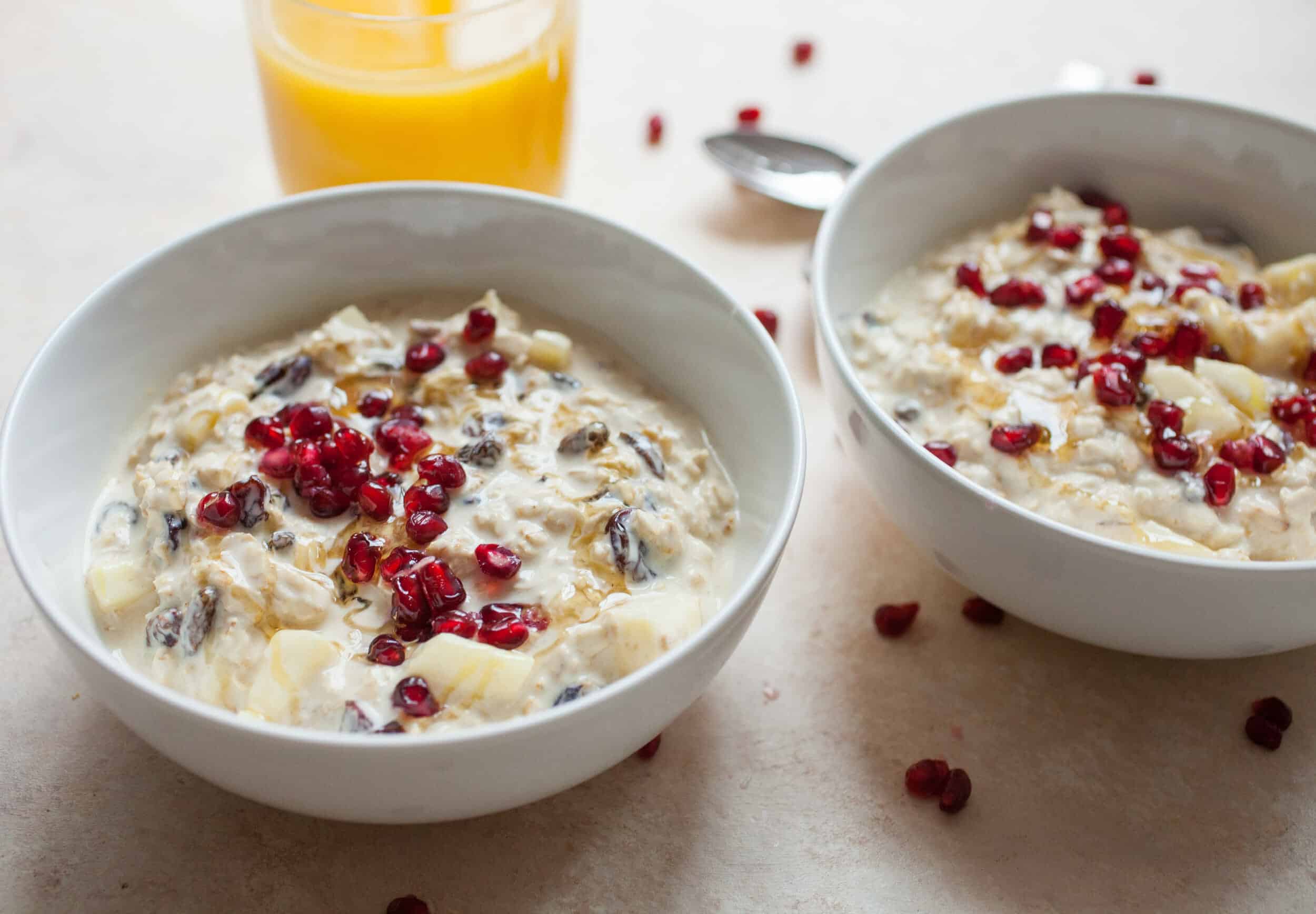
-
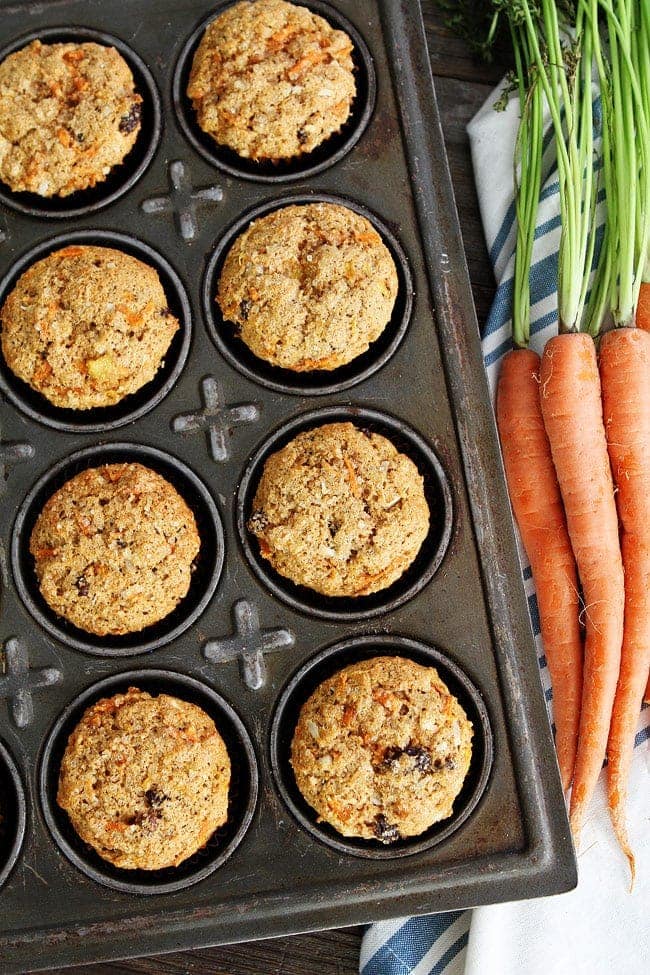
-
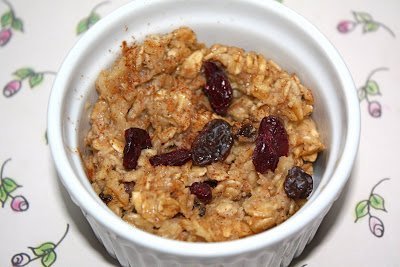
-

-

-
![No-Bake Oatmeal Raisin Cookie Energy Bites Image]()
-
![Carrot Cake Image]()
-
![Carrot Cake Oatmeal Cookies with Cream Cheese Glaze Image]()
-
![Zucchini Applesauce Oatmeal Cookies Image]()
-
![Crunchy Quinoa Granola Image]()
-
![Bread Pudding with Vanilla Custard Sauce Image]()
-
![Quinoa Cookies Image]()
-
![Persimmon Cookies Image]()
-
![Apple Cinnamon Baked Oatmeal Image]()
-
![Maple Almond Granola Image]()
-
![Best Cinnamon Rolls Image]()
-
![Slow Cooker Baked Oatmeal with Bananas and Nuts Image]()
-
![Chicken Croissants Image]()
-
![Panettone Image]()
-
![Pumpkin Steel Cut Oats Image]()
-
![Broccoli Salad Image]()
-
![Grandma's Oatmeal Cookies Image]()
-
![Hot Cross Buns Image]()
-
![Houston's Couscous Image]()
-
![Un-stuffed Cabbage Bowls Image]()
-
![Low Fat Chewy Granola Bars with Pecans, Raisins and Chocolate Chips Image]()
-
![Instant Pot Baked Apples Image]()
-
![Maple French Toast Muffins Image]()
-
![White Chocolate Oatmeal Raisin Cookies Image]()
-
![Carne Adovada Image]()
-
![Instant Pot Chicken Mole Tacos Image]()
-
![Chicken Curry Salad Image]()
-
![Empanadas Mendocinas Image]()
-
![Roman Meatballs with Arrabbiata Sauce Image]()
-
![Pumpkin Butter All Bran Muffins Image]()
-
![Roasted Chicken with Almond Banana Mole Image]()
-
![Maple Banana Bran Muffins Image]()
-
![Crock Pot Butternut Squash with Apples, Walnuts and Raisins Image]()
-
![Easy One Bowl Banana Bread Recipe Image]()
-
![Soda Bread Recipe in a Skillet Image]()
-
![Avocado and Feta Kale Salad with Garlic Dijon Vinaigrette Image]()
-
![Hot Cross Buns Cake Roll Image]()
-
![Curried Fried Quinoa Image]()
-
![Boozy Fruit Tartlets Image]()
-
![Oatmeal Raisin Muffins Image]()


